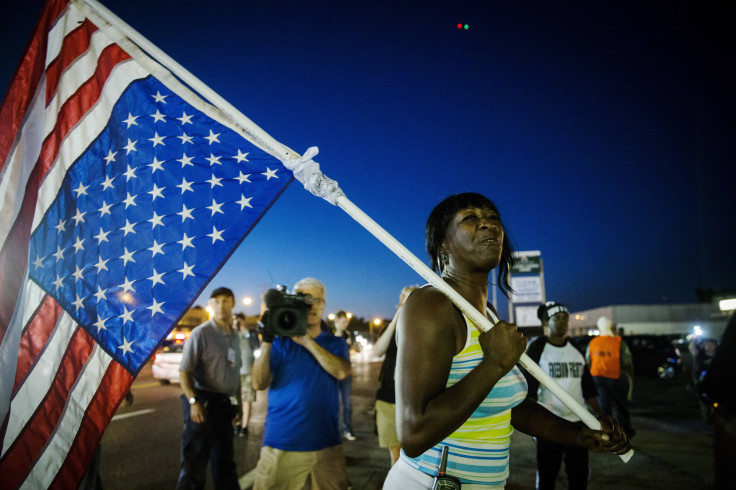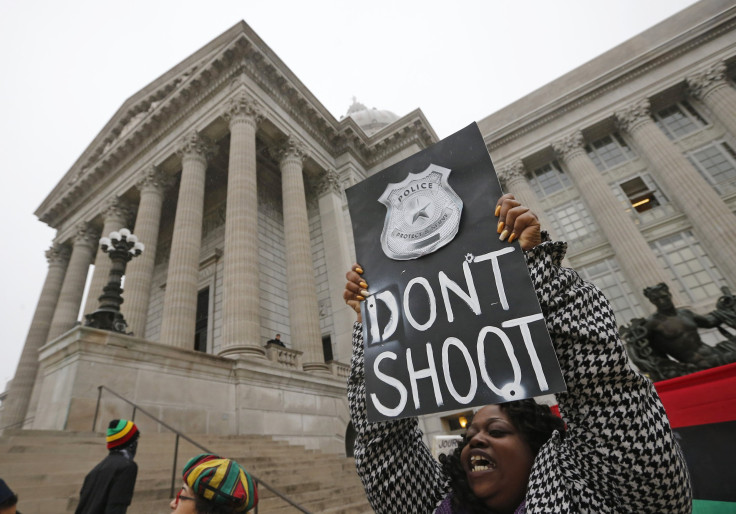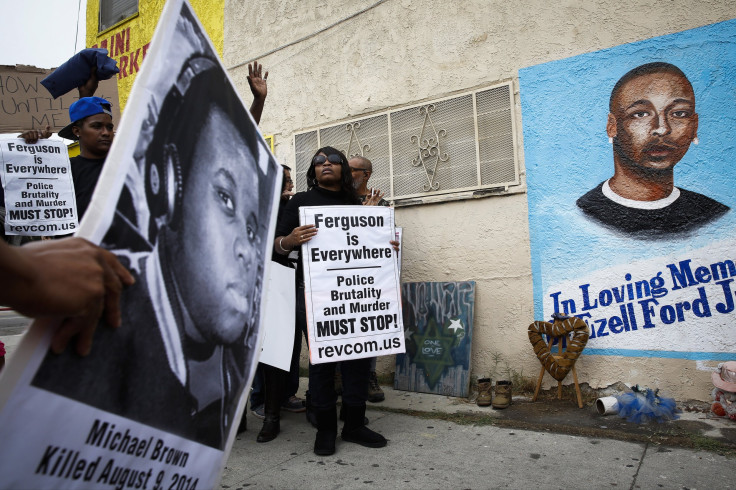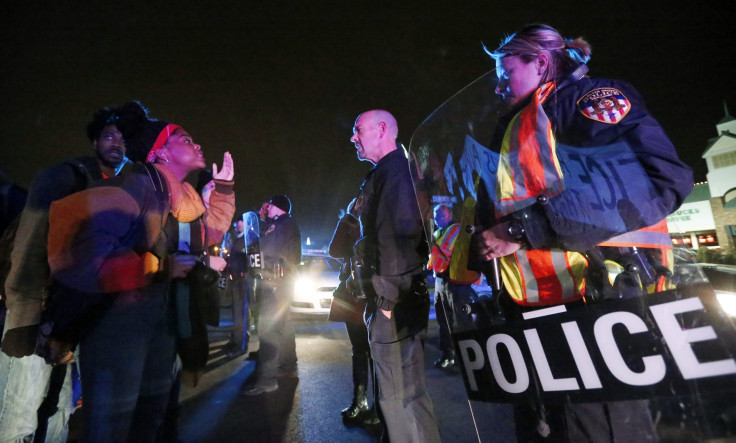US Justice Department sues Ferguson for unjust policing, racial discrimination 18 months after black teen Michael Brown was killed

The US government has launched a civil suit against the city of Ferguson, Missouri for “egregious” and “routine” constitutional violations against its African-American population.
The lawsuit was triggered when just one day before, the Ferguson City Council voted six to none to amend a consent decree to overhaul its police department and court system.
The agreement had been negotiated for months with the US Department of Justice (DOJ), but the terms and reforms, which are estimated to cost up to $6.7 million over three years, were found by Ferguson leaders to be too costly.
“I don’t think there’s anything unreasonable,” Ferguson Councilman Wesley Bell said of the proposed changes, reports the AP.
However, the city’s decision to amend the consent decree has angered the DOJ, who believes the changes represented a rejection. Vanita Gupta, head of the Justice Department's Civil Rights Division, said in a statement:
"The Ferguson City Council has attempted to unilaterally amend the negotiated agreement. Their vote to do so creates an unnecessary delay in the essential work to bring constitutional policing to the city, and marks an unfortunate outcome for concerned community members and Ferguson police officers. Both parties engaged in thoughtful negotiations over many months to create an agreement with cost-effective remedies that would ensure Ferguson brings policing and court practices in line with the Constitution. The agreement already negotiated by the department and the city will provide Ferguson residents a police department and municipal court that fully respects civil rights and operates free from racial discrimination.
"The Department of Justice will take the necessary legal actions to ensure that Ferguson's policing and court practices comply with the Constitution and relevant federal laws."
Not too long after, the Justice Department launched its case, with Attorney General Loretta Lynch saying the council’s decision left the government “no further choice”.
“There is no price for constitutional policing,” Lynch said in a news conference, reports the NPR.
“We intend to aggressively prosecute this case and I have no doubt that we will prevail."

‘Ongoing discrimination’ in Ferguson, alleges DOJ
The lawsuit brought by the US government accuses the Ferguson Police Department, Municipal Court and office of the City Prosecuting Attorney for discriminating against and depriving the two-thirds of African-Americans who live in the city of their “rights, privileges and immunities secured and protected” by the Constitution and federal law.
It points its finger at Ferguson authorities who conduct stops, searches and arrests without legal justification; the use of excessive force; the interference of the right to free expression; and prosecuting charges in a manner that violates due process and equal protection.
“Defendant’s routine violation of constitutional and statutory rights, based in part on prioritising the misuse of law enforcement authority as a means to generate municipal revenue over legitimate law enforcement purposes, is ongoing and pervasive.
“Further, it is unlikely that the City will remedy these patterns and practices of unlawful conduct absent judicial mandate and oversight.”

The allegations made in the lawsuit echo the DOJ’s Ferguson Report released a year ago, which found overwhelming racial bias in the town’s police force.
The report was released on the same day in March that white police officer Darren Wilson was cleared of civil rights violations for shooting to death black teenager Michael Brown.
Brown was reportedly shot six times by Wilson on August 9, 2014 despite being unarmed. His death, coupled with Wilson being cleared of a murder charge by a grand jury, led to widespread protest and unrest in Ferguson, and later other US cities, to overhaul Ferguson’s failing system.

“The residents of Ferguson have suffered the deprivation of their constitutional rights – the rights guaranteed to all Americans – for decades,” said Lynch. “They have waited decades for justice. They should not be forced to wait any longer.”

Ferguson’s objections
According to The Guardian, the city’s part time mayor James Knowles III had repeatedly said in the past that the costs of implementing the reforms would be ‘financially ruinous’ for Ferguson.
As a result, the City had proposed seven changes to the 127-pages-long consent decree, which includes guidelines on when Ferguson police officers should use force, and how they may de-escalate a situation rather than resort to force.
Other reforms include officers having to wear body cameras; paying a federal monitor to oversee the running of the city's criminal justice system, and raising the salaries of Ferguson police officers and city employees.
However, councilors voted to remove raising salaries, and proposed that the terms of the agreement not be applied to other agencies in Ferguson who take over current city operations and policing. The Guardian notes this latter move would nullify much of the agreement should the city disband its police force.
If the DOJ’s case prevails, federal officials can force reforms in Ferguson under a provision in federal criminal justice reforms in 1994.
The Justice Department is currently engaged in another civil case against Colorado City and Hildale, Utah, also over alleged discriminatory policing practices.





















